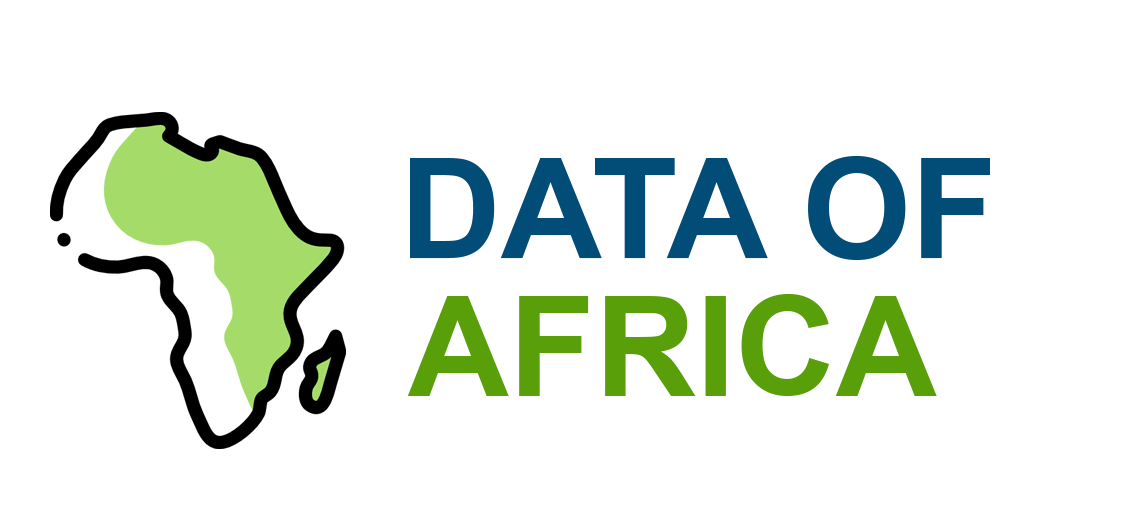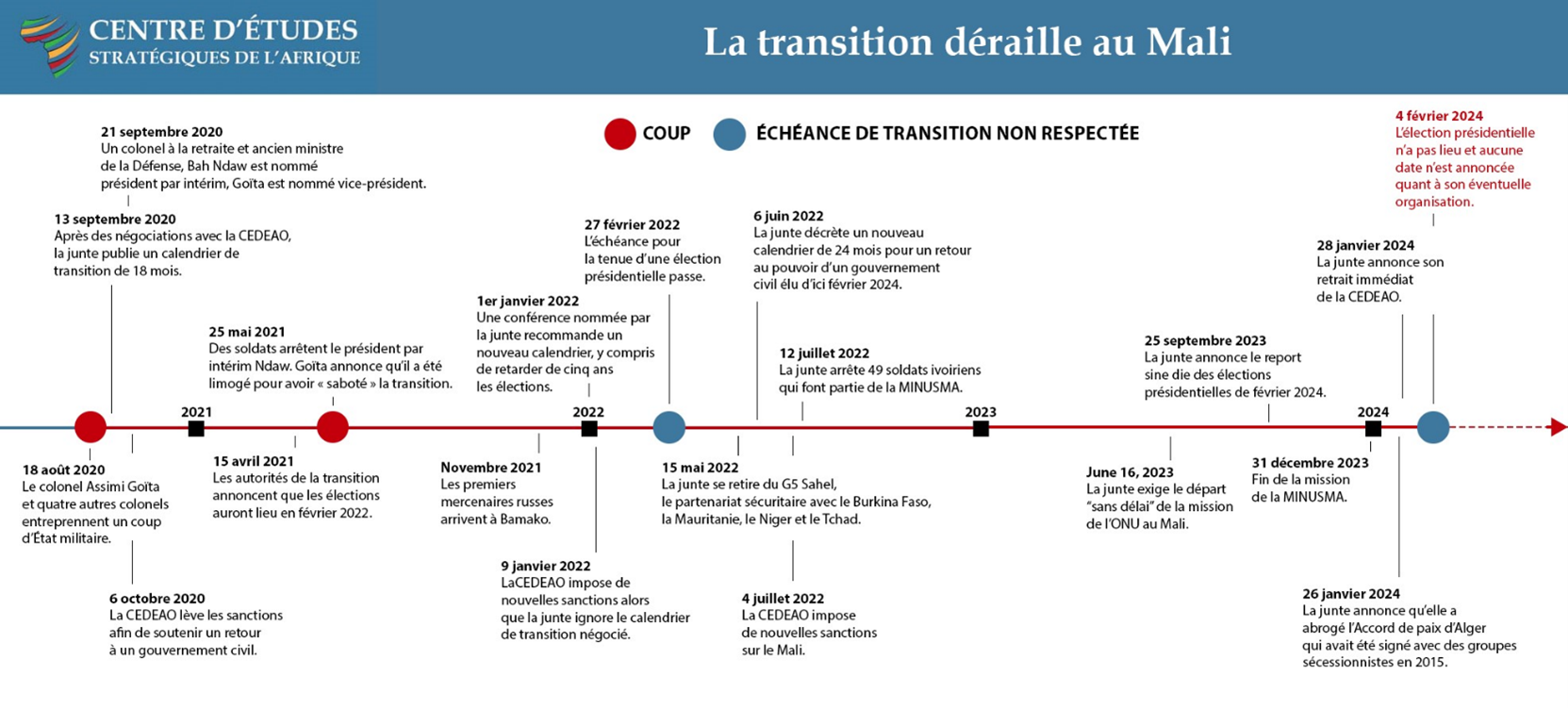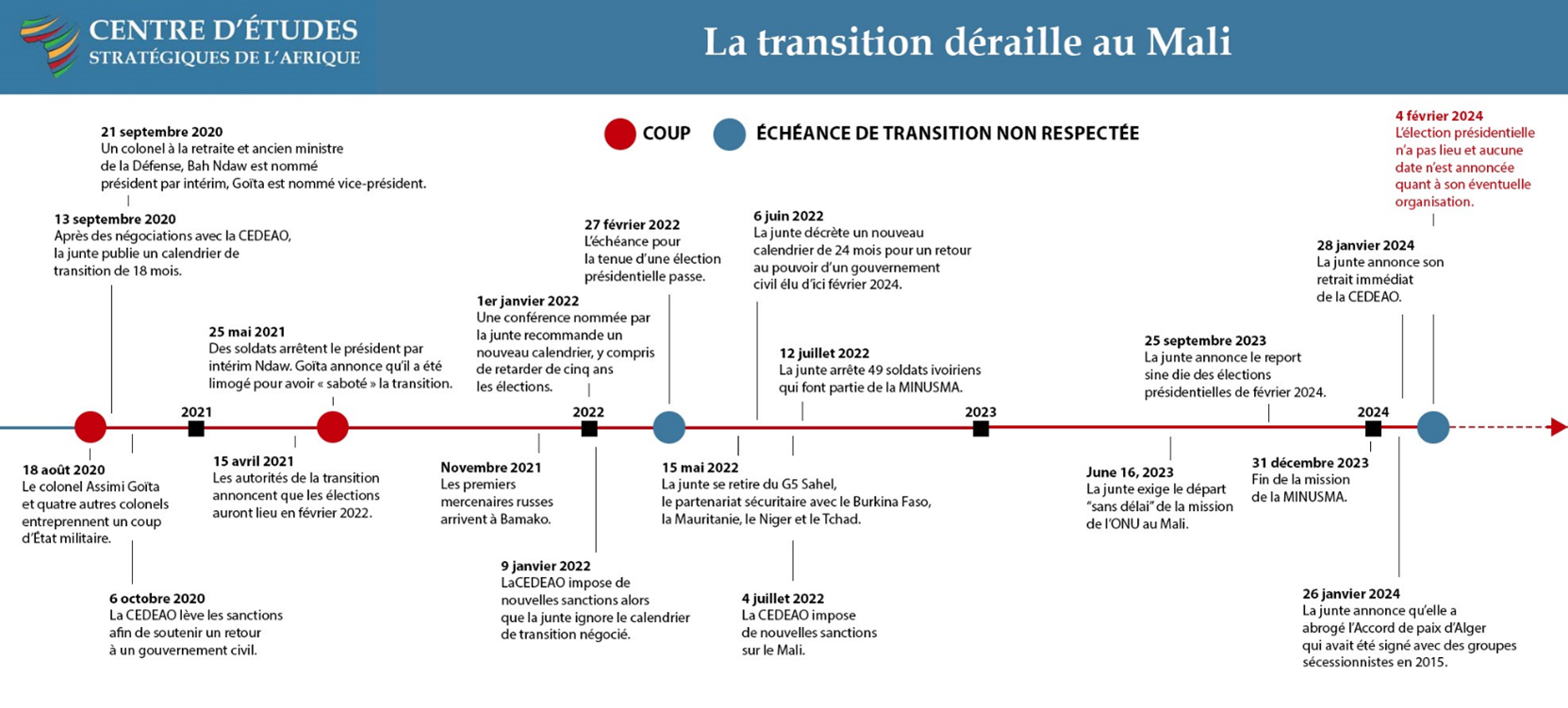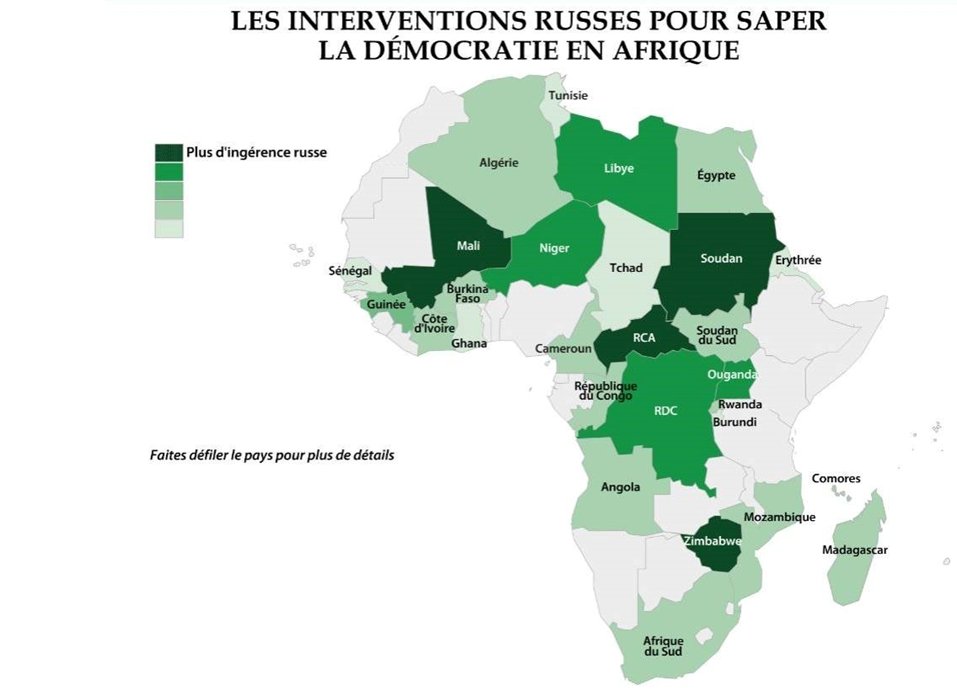In 2024, military juntas in Burkina Faso, Guinea, Mali, and Chad all postponed or derailed promised elections to complete the transition to democratic civilian governance. In doing so, they deprived citizens of the choice to determine the trajectory of their countries.
This perpetuates a pattern whereby many African leaders who circumvent term limits have otherwise taken power through military coup. These juntas have not only prevented a return to participatory governance, they are also associated with greater levels of repression against independent political actors, deteriorating security, and increasing economic hardship.
Deaths have tripled since 2020 under the control of the Sahelian military. In Niger, deaths associated with extremist groups are expected to increase by 60% in 2024. Militant groups in Mali, Burkina Faso, and Niger are increasingly controlling territory. Given the dramatic decline in press freedom since the coups, the number of violent events and deaths is certainly underestimated.
Influence of external actors on the decline of democracy in Africa
External authoritarian actors, primarily Russia, China, and increasingly Iran, have contributed to democratic backsliding in Africa in recent years. These external actors have attempted, through disinformation, direct interference in elections, deployment of mercenaries, support for unconstitutional power grabs, and undermining the United Nations, to strengthen and normalize authoritarian governments while crippling popular sovereignty to expand their influence in Africa.
Russia has attempted to undermine democracy in at least 28 countries across the continent, most frequently through the use of information manipulation and political interference. These tools have notably been deployed in Nigeria and Kenya to try to hijack protests and undermine trust in government and democracy.
In recent years, China has further promoted in Africa the norms of its dominant party model, in which the state, media, and military are subordinate to the party. The opening of China’s first political school in Africa, with additional training for African party leaders, and efforts to shape African media landscapes also contribute to this trend.
For more information :
- https://fr.wikipedia.org/wiki/Portail:Afrique
- https://en.wikipedia.org/wiki/Africa
- https://africacenter.org/
- https://journals.openedition.org/etudesafricaines/
- https://etudes-africaines.cnrs.fr/
- https://journals.openedition.org/etudesafricaines/
- https://www.afdb.org/fr/documents-publications/economic-perspectives-en-afrique-2024




